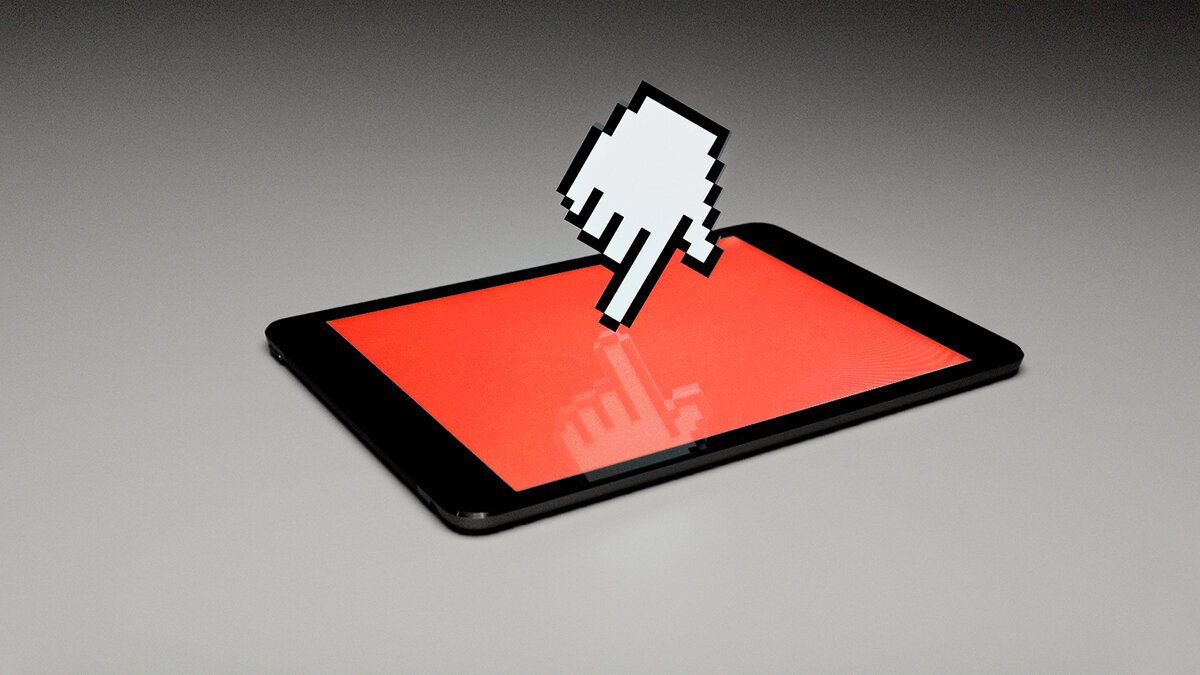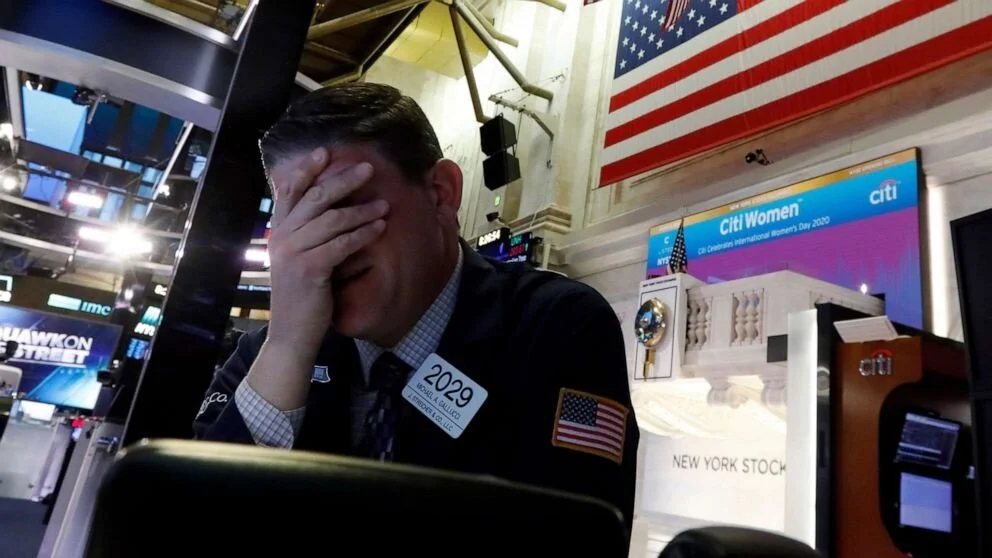COVID-19

Business as Unusual.
Management, Leadership and Economics of COVID-19
As the coronavirus continues its march around the world, governments have turned to proven public health measures, such as social distancing, to physically disrupt the contagion. Yet, doing so has severed the flow of goods and people, stalled economies, and is in the process of delivering a global recession. Economic contagion is now spreading as fast as the disease itself.
In a matter of weeks (from February 21 to March 22), Italy went from the discovery of the first official Covid-19 case to a government decree that essentially prohibited all movements of people within the whole territory, and the closure of all non-essential business activities. Within this very short time period, the country has been hit by nothing short of a tsunami of unprecedented force, punctuated by an incessant stream of deaths. It is unquestionably Italy’s biggest crisis since World War II.
As local and state governments issue shelter-in-place orders, asking residents to remain home for all but essential errands, businesses — especially small local businesses — across the U.S. are facing difficult decisions.
Most digital miscommunication happens because we don’t have access to the non-verbal cues, including tone of voice, body language, and facial expressions, that give us valuable emotional context when we’re discussing in person. So these tips can help, but the fail-safe solution is to pick up the phone or get on a video call.
Thomas Y. Choi is professor of supply chain management at Arizona State University’s W. P. Carey School of Business. He is co-director of Complex Adaptive Supply Networks Research Accelerator (CASN-RA).
Dale Rogers is a professor in the Supply Chain Management Department at Arizona State University’s W.P. Carey School of Business.
Bindiya Vakil is CEO and founder of Resilinc, a provider of supply-chain-mapping services and risk-monitoring data. She is a founding member of the Global Supply Chain Resiliency Council and sits on the Advisory Board of the MIT Center for Transportation and Logistics.
Timothy R. Clark is founder and CEO of LeaderFactor, a global leadership consulting and training firm. He is the author of The 4 Stages of Psychological Safety: Defining the Path to Inclusion and Innovation (Berrett-Koehler 2020).
Matthias Birk, PhD has been practicing meditation for over two decades, and has taught meditation and leadership to hundreds of executives at Columbia Business School, NYU, and companies, such as Goldman Sachs and McKinsey & Company.
Bill Taylor is the cofounder of Fast Company and the author, most recently, of Simply Brilliant: How Great Organizations Do Ordinary Things in Extraordinary Ways. Learn more at williamctaylor.com.
Judson Brewer, MD, PhD, is an associate professor at Brown University’s Schools of Public Health & Medicine, Founder of MindSciences and the author of The Craving Mind: From Cigarettes to Smartphones to Love — Why We Get Hooked and How We Can Break Bad Habits. To learn more about his research, visit www.drjud.com. You can also watch his short daily videos on mental health and how best to manage during these uncertain times on YouTube.
Art Markman, PhD, is the Annabel Irion Worsham Centennial Professor of Psychology and Marketing at the University of Texas at Austin and founding director of the program in the Human Dimensions of Organizations. He has written over 150 scholarly papers on topics including reasoning, decision making, and motivation. His new book is Bring Your Brain to Work: Using Cognitive Science to Get a Job, Do it Well, and Advance Your Career (HBR Press).
Scott Berinato is a senior editor at Harvard Business Review and the author of Good Charts Workbook: Tips Tools, and Exercises for Making Better Data Visualizations and Good Charts: The HBR Guide to Making Smarter, More Persuasive Data Visualizations.
Faced with an unprecedented crisis, economists and investors are racing to understand the depth of the coronavirus recession and its aftershocks.
Joseph Stiglitz and Glenn Hubbard on the Impact of COVID-19 on the Economy.
In a fast-moving crisis, it’s important for leaders to communicate with empathy and honesty — not just internally, but externally as well.
Whether you’re in an office or working remotely, instant messaging tools like Slack, Microsoft Teams, and Zoom can be invaluable.
Advice on health, family, travel and helping others during the age of Covid-19
Paolo Surico and Andrea Galeotti Professors of Economics at London Business School
The fear that an epidemic could reappear will likely exert a small downward force on prices and demand, for decades to come.
From Twitter to Google and Facebook to Amazon, the rise of COVID-19 has prompted many companies to ask some or all of their employees to work from home.
Infectious disease expert Dr. Stephen Morse of Columbia University Mailman School of Public Health explains the practice of "social distancing" and how it can help contain COVID-19.
Cyber criminals love a crisis. Will Coronavirus Lead to More Cyber Attacks?
In the age of Covid-19 and “social distancing,” many of us are renegotiating our daily interactions with other people.
There’s not one leadership style that works for all contexts.
When the news is scary and the future is uncertain, many employees will look to managers for reassurance — even though you might not have the answers yourself.
It’s hard to get people to pay attention in meetings when everyone’s in the same room — let alone if they’re all calling in from home.
Keeping your employees informed during a crisis should be one of your top priorities as a leader. It’s your responsibility to stay on top of events as they unfold


























